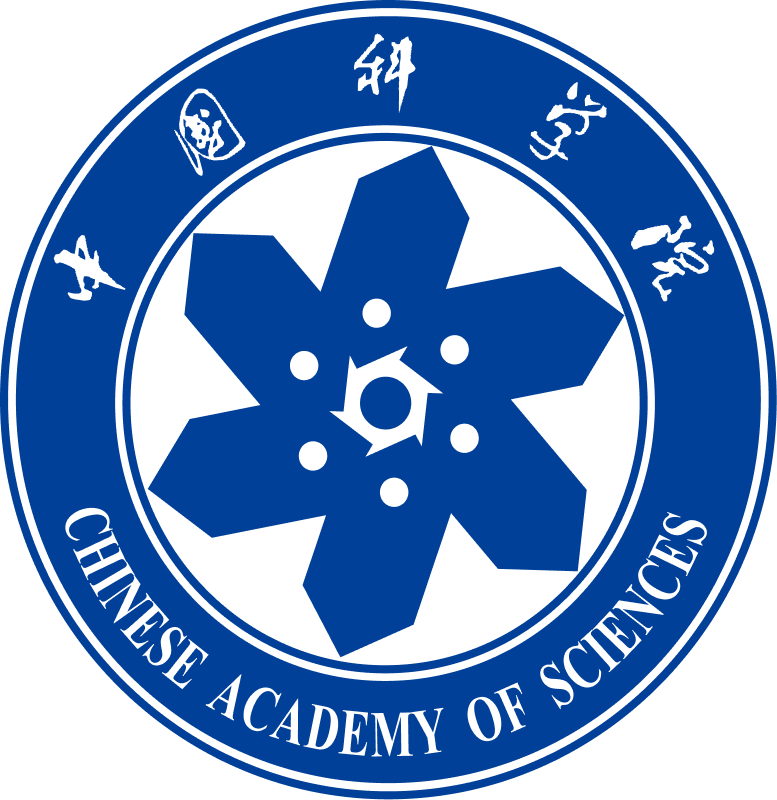Glioma drug resistance
Uncovering drug resistance by tracing glioma evolution and devising personalised cancer treatment strategies.

The project investigated molecular and evolutionary mechanisms of glioma drug resistance using single-cell lineage tracing. Cancer evolution influences treatment resistance and tumour recurrence. By examining genetic and phenotypic changes in cancer cells during treatment, researchers identified factors that affect response and resistance. The team comprised experts from Hong Kong and CAS, focused on temozolomide resistance in gliomas, which is the most common brain cancer.
They hypothesised that integrating lineage tracing data with single-cell models could predict cancer cell paths under treatment. The methodology of the study involved acquiring and analysing single-cell data, implementing lineage tracing technologies, and developing predictive models. These models integrated genetic features and lineage tracing data to predict evolutionary paths of cancer cells. The research aimed to identify key genetic and phenotypic changes linked to treatment response and resistance and the findings are expected to provide insights on personalised treatment strategies and cancer therapy.
Key topics
- Glioma drug resistance
- Single-cell lineage tracing
- Cancer evolution
- Treatment response mechanisms
- Temozolomide resistance
Other projects




Stay in the loop!
Subscribe to keep up with the latest from Croucher Foundation.

